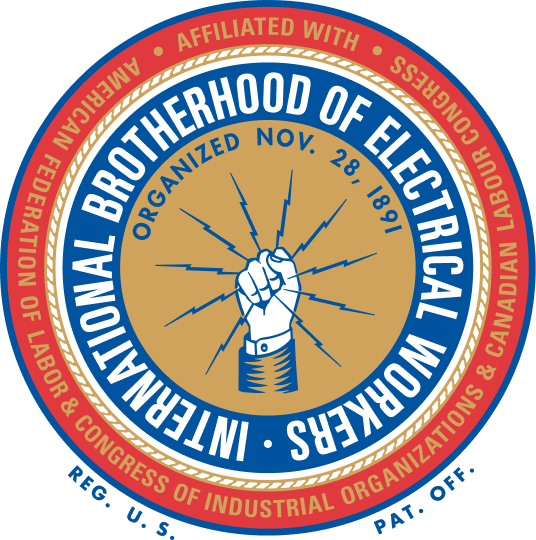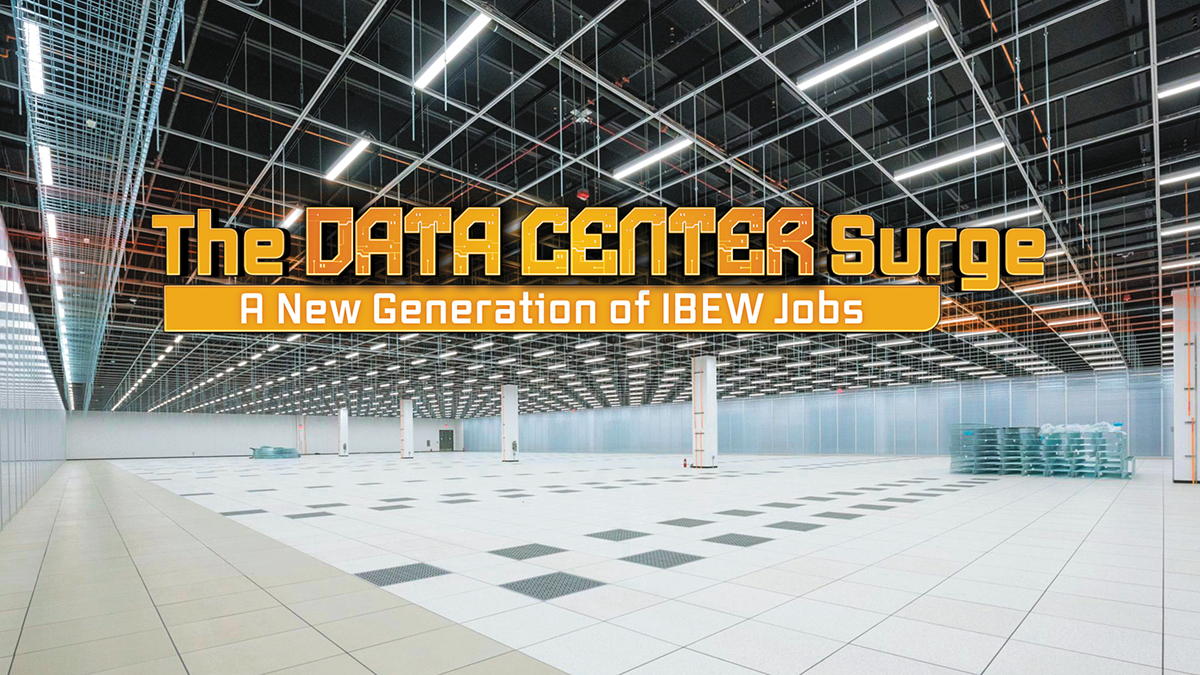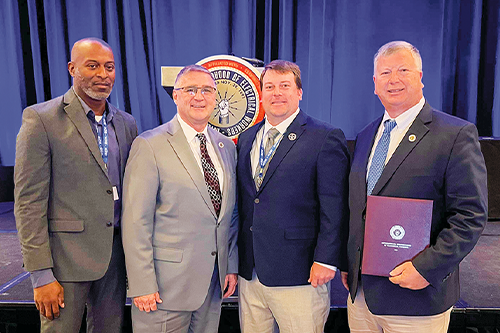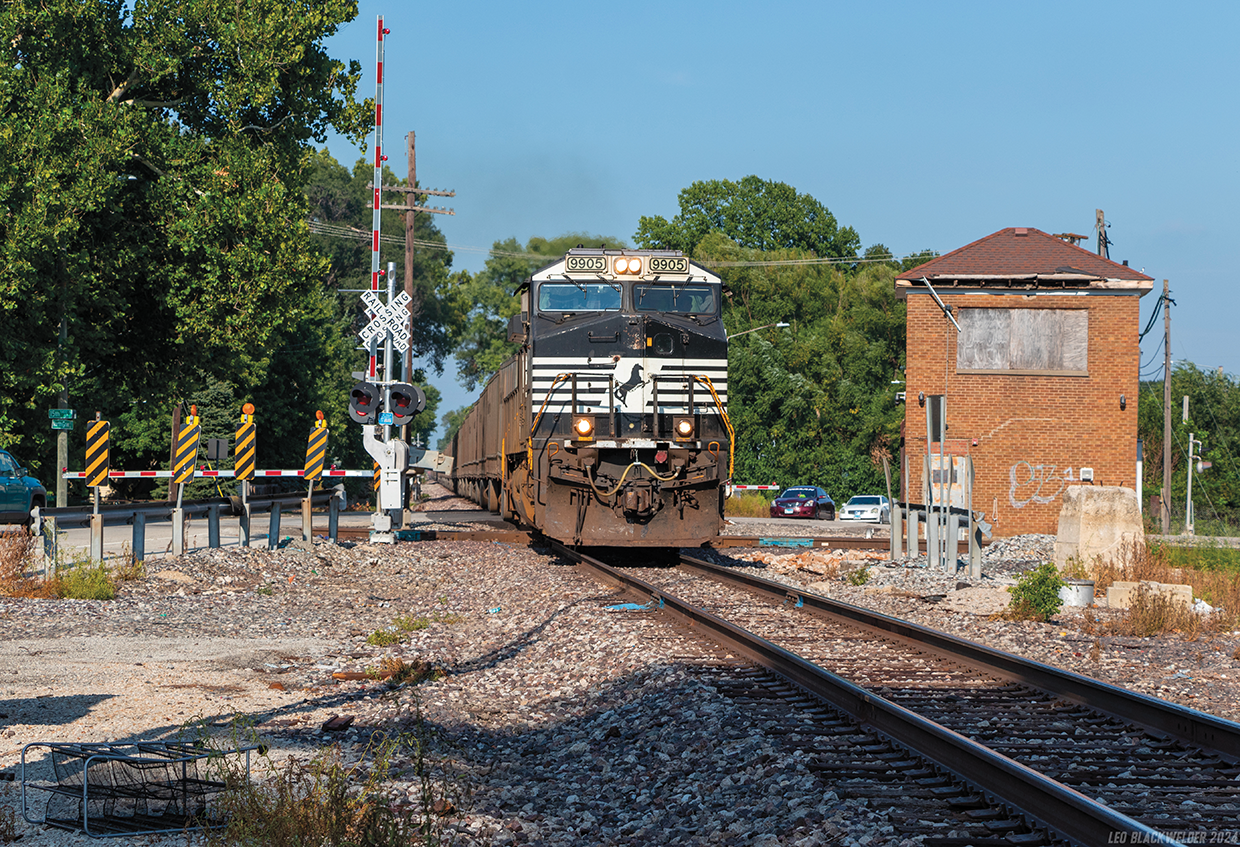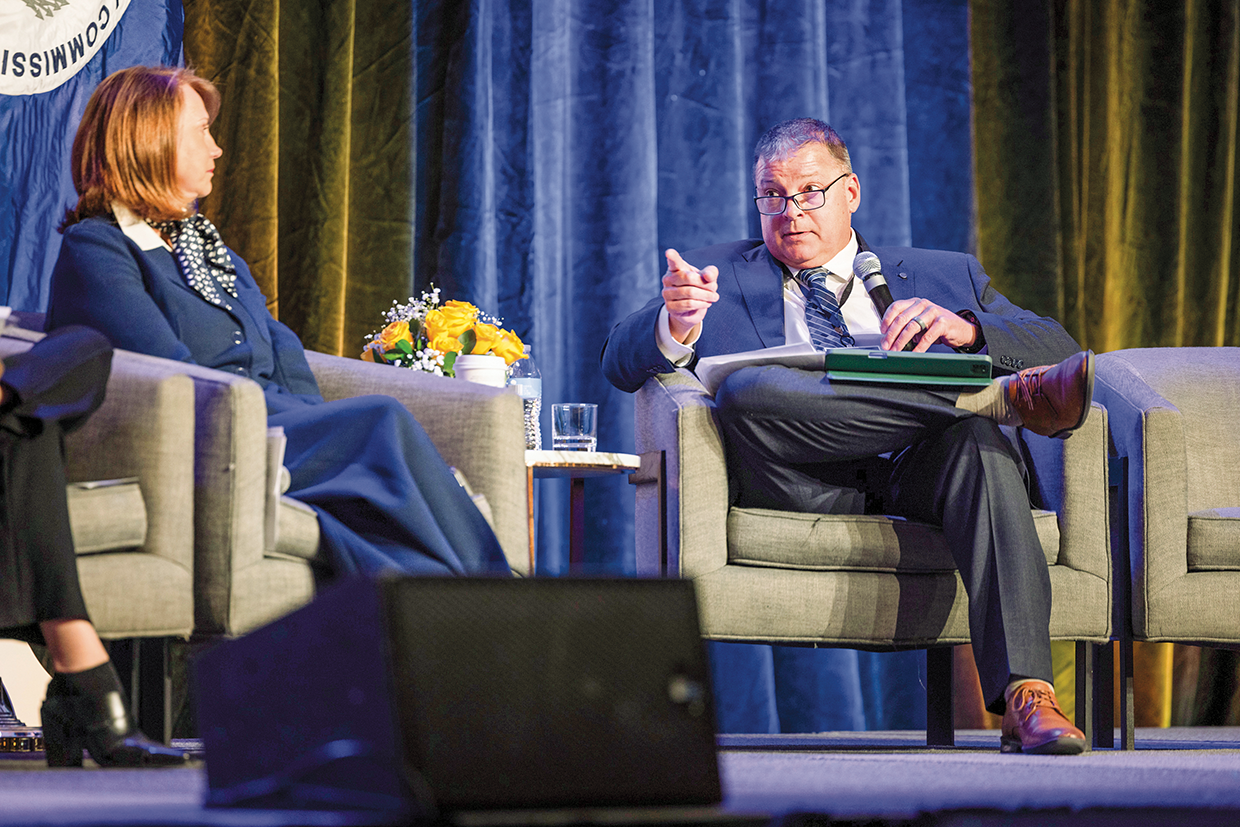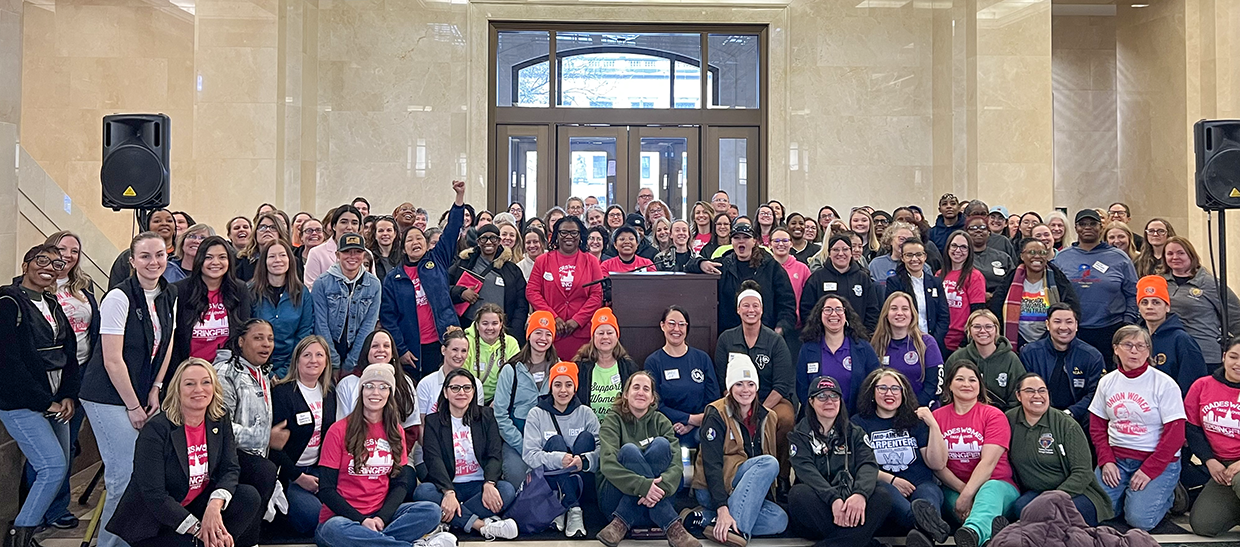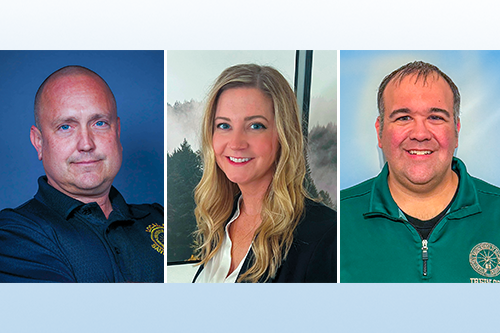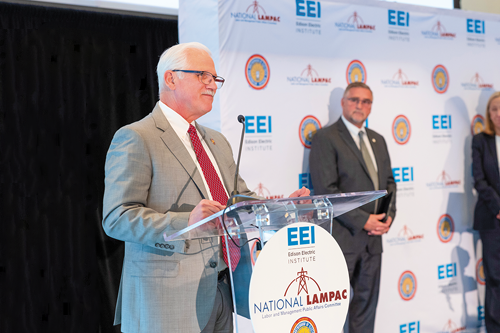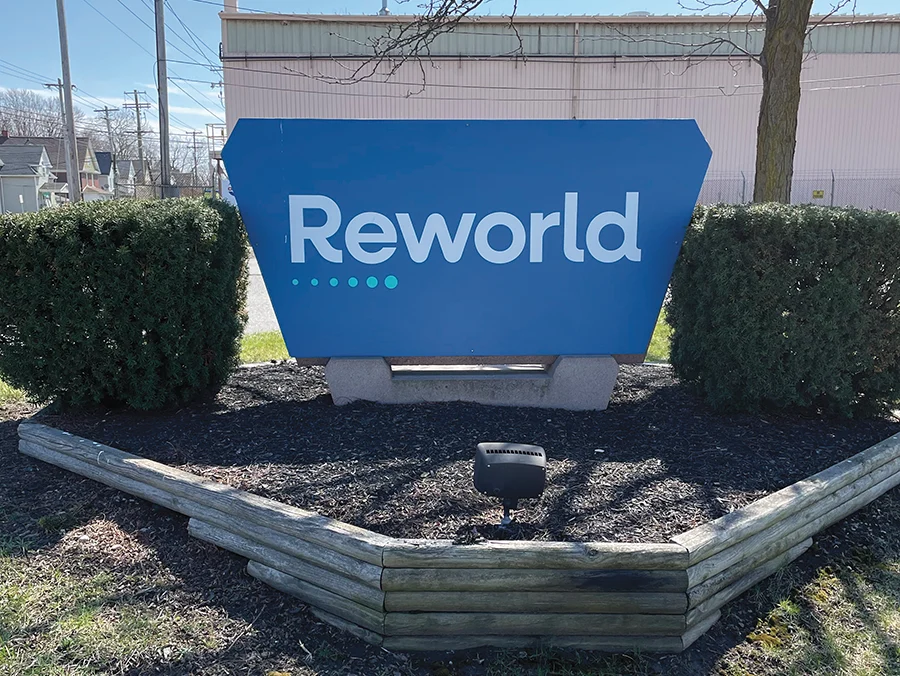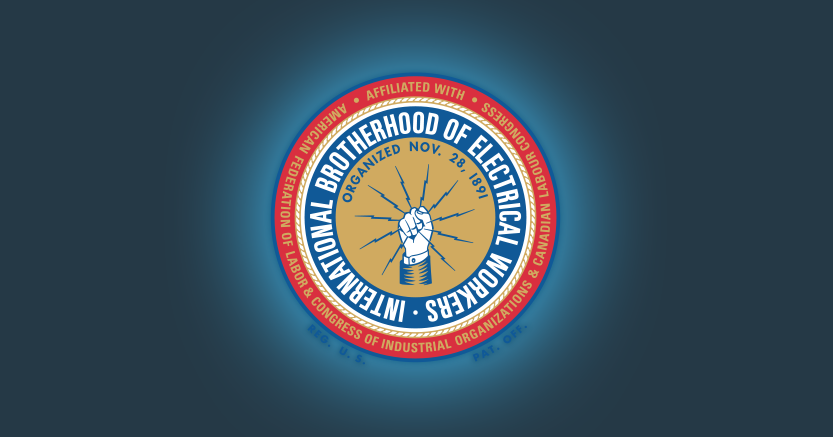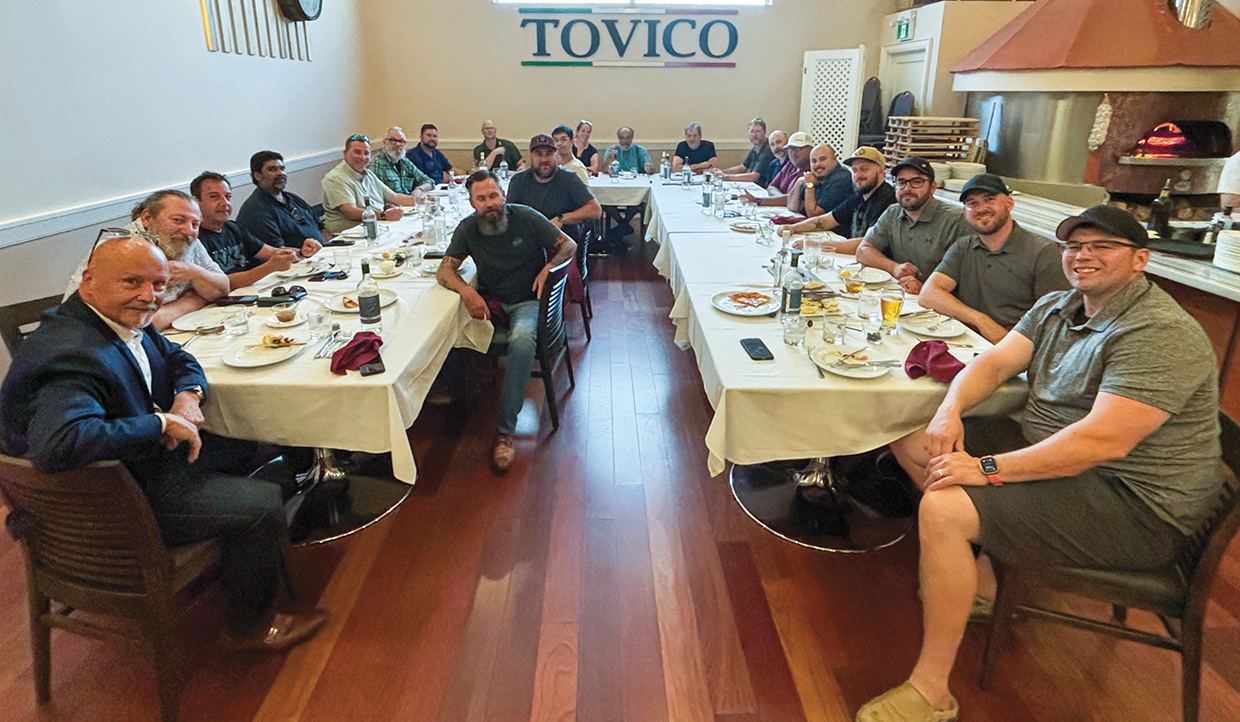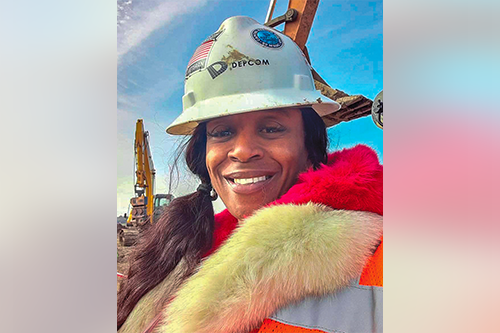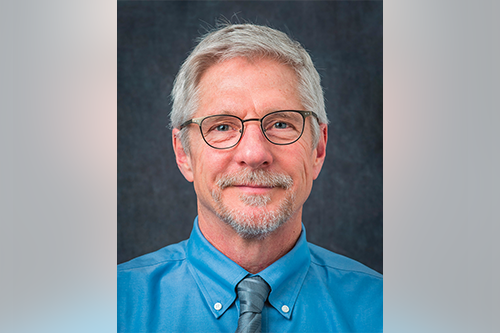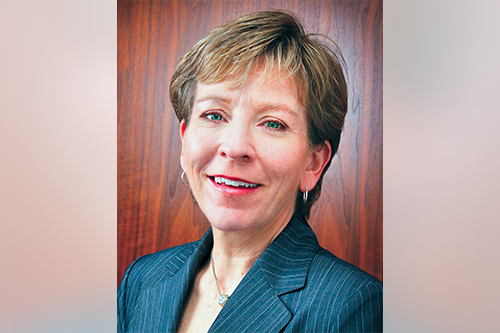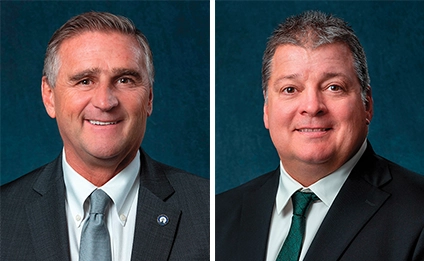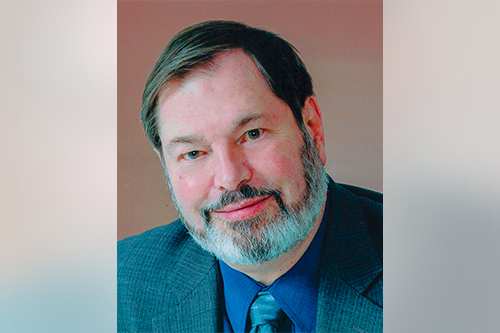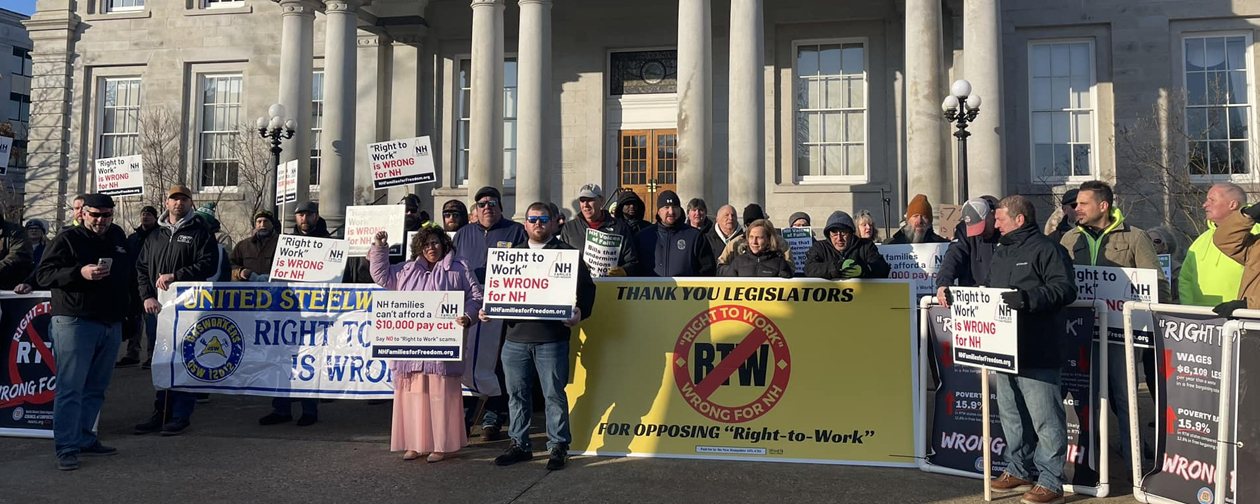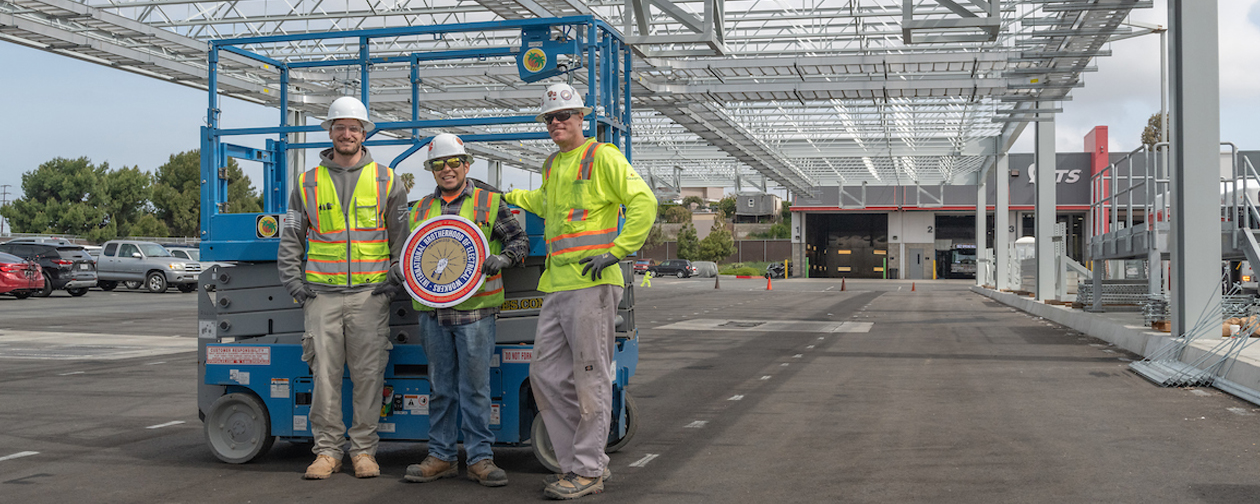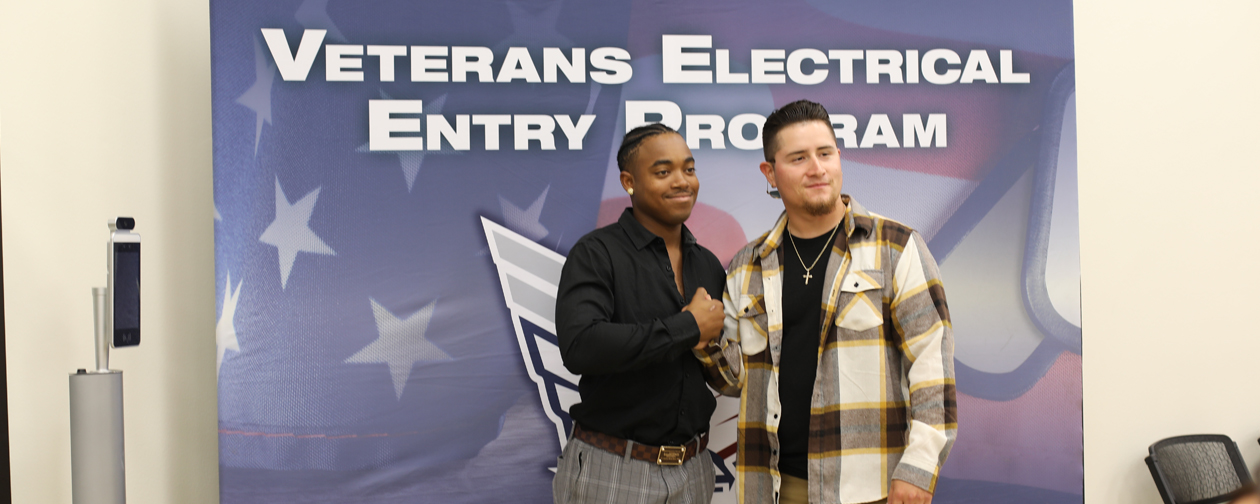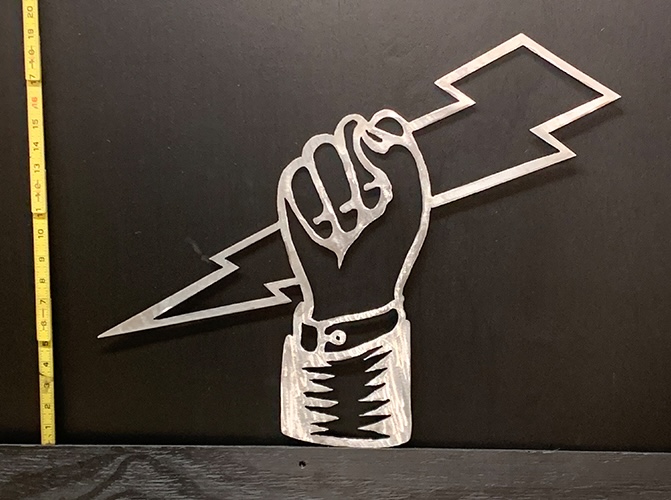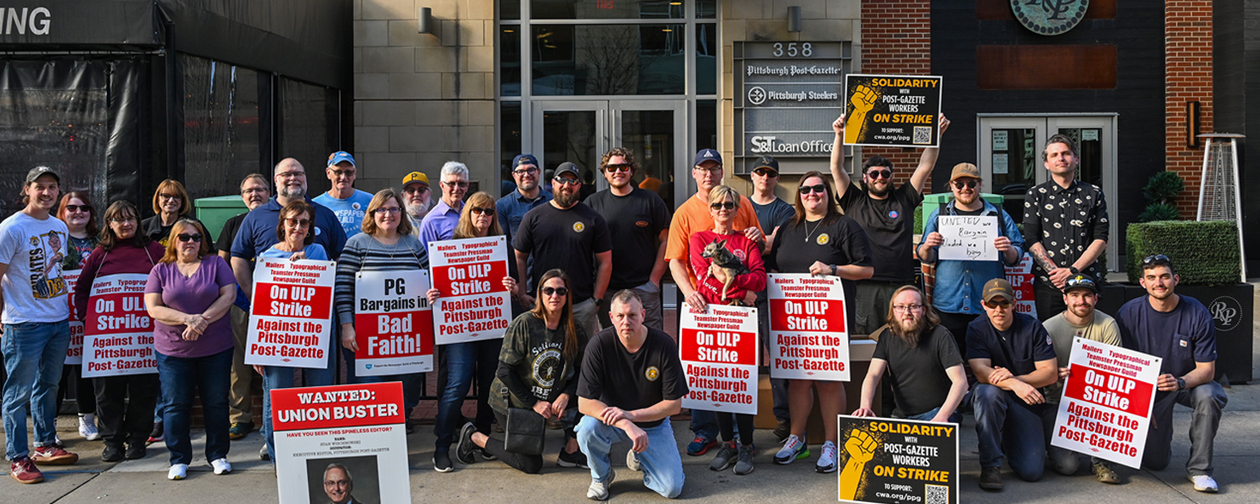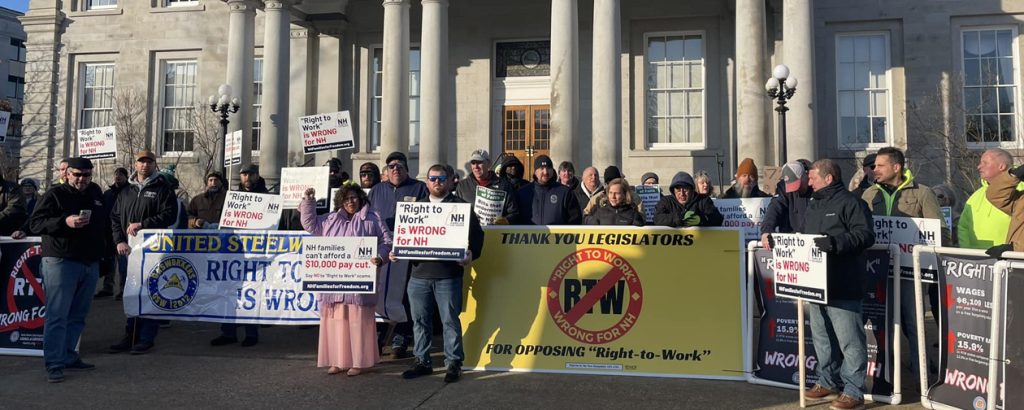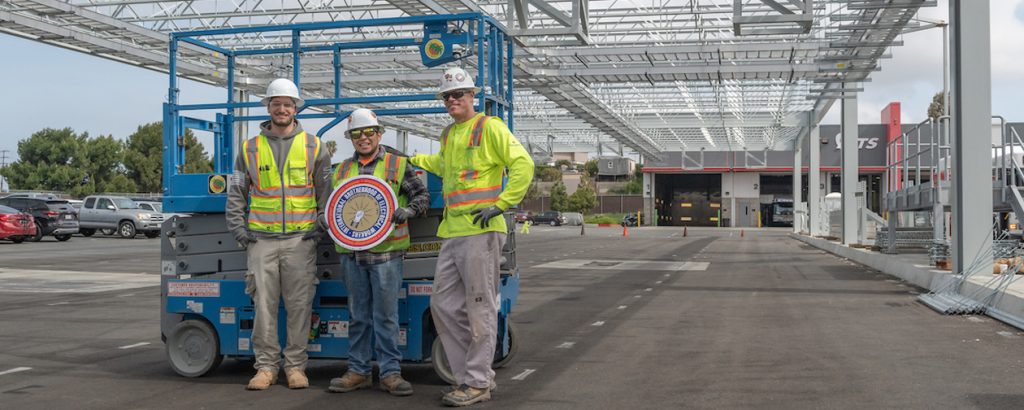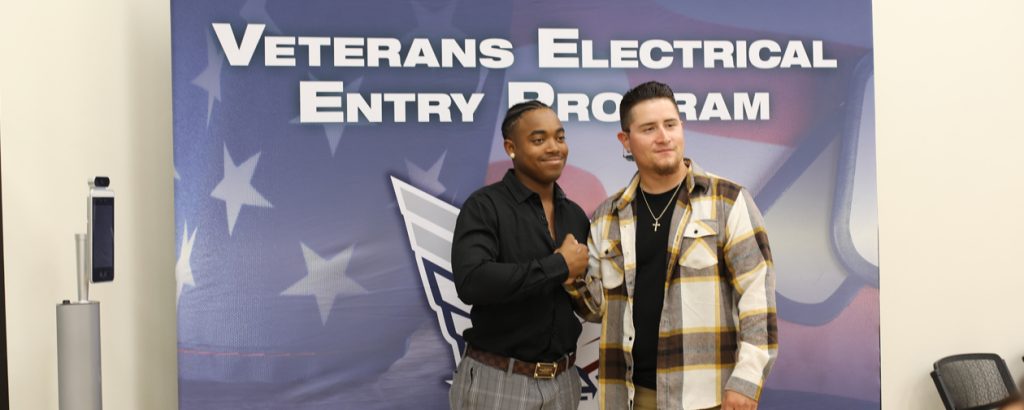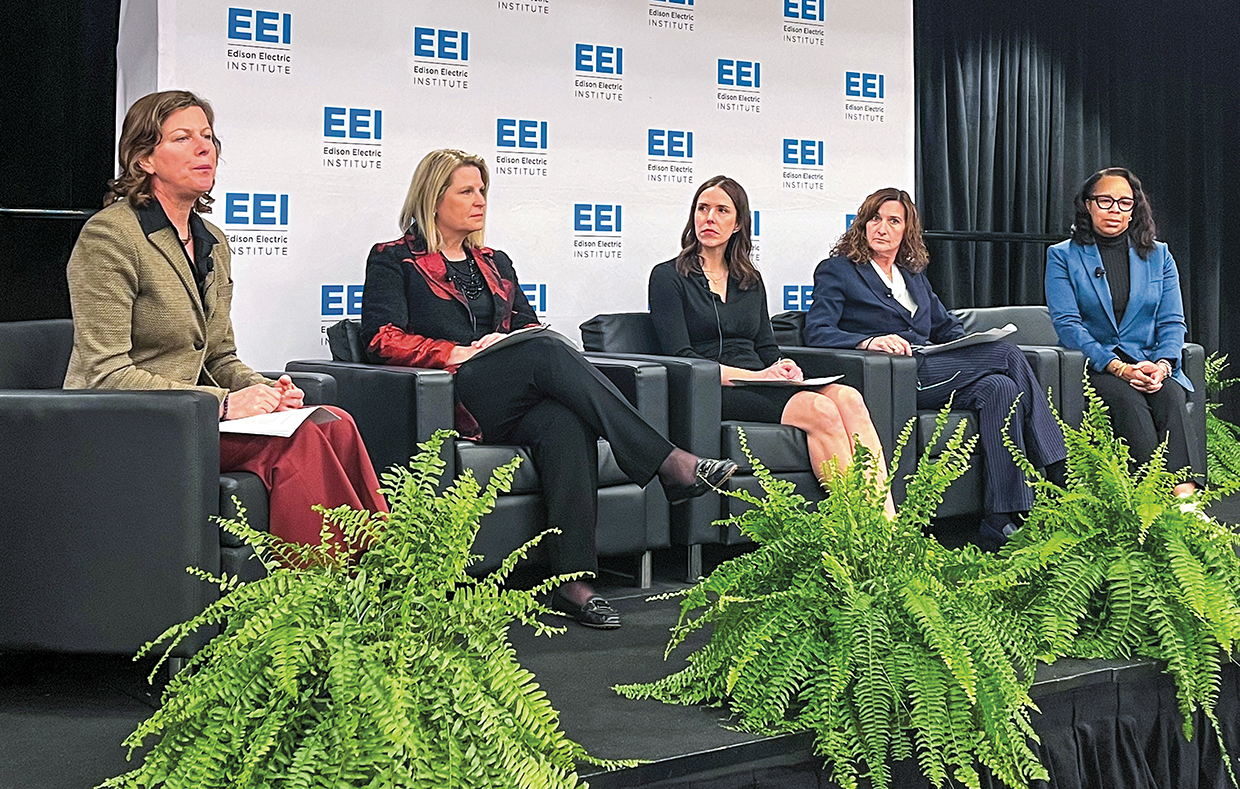
Retiring Fourth District International Vice President Gina Cooper recently reminded some of the nation’s top utility regulators and executives that the IBEW must be a leader in workplace safety and developing rapid response plans to weather emergencies.
It’s a responsibility that comes with being the world’s largest electrical union, she said.
“When the power goes out, when infrastructure is damaged, and when communities are at their most vulnerable, it is IBEW members, alongside first responders, who step in to restore essential services,” Cooper said.
Cooper made the comments during a women’s panel at the National Association of Regulatory Utility Commissioners’ Winter Policy Summit on Feb. 26 in Washington, D.C. The theme of the panel was “High Voltage, Higher Safety: Continuing the Commitment to Reduce Serious Injuries and Fatalities.” It was sponsored by the Edison Electric Institute, which represents all U.S. investor-owned electric companies, many of which are staffed by IBEW members.
“That’s why local coordination between organized labor, emergency responders and municipalities is critical,” Cooper added. “The faster we can mobilize skilled workers, the faster we can get power back online, keep hospitals running, and help businesses and families recover.”
Cooper, who officially retired April 1, was joined on the February panel by AFL-CIO President Liz Shuler, a member of Portland, Oregon, Local 125; Katie Sieben, chair of the Minnesota Public Utilities Commission; and Tamla Olivier, chief operating officer for Pepco.
Panelists were asked how the energy industry can reestablish progress in reducing fatalities and serious injuries on the job. Working conditions are much safer and deaths and injuries dropped for decades, but the number has plateaued in the last 15 years.
Cooper said it is by overcoming complacency and risk normalization, where workers start to see some hazards as just part of the job.
Union leaders must be the voice of the workers, ensuring that safety concerns raised by employees will not be ignored by management, she said. They should publicly reinforce with utility executives that safety is a shared responsibility, she added.
“The next leap forward in reducing fatalities won’t come from just more rules,” Cooper said. “It will come from a culture where every worker, at every level, is actively engaged in safety.
“The goal isn’t just fewer incidents,” she added. “It’s zero fatalities. And by working together, we can get there.”
Cooper reminded the audience of the IBEW’s world-class training programs, including those in conjunction with its utility partners.
“IBEW electricians and line workers don’t just restore power,” she said. “We restore hope. As extreme weather events become more frequent, our role becomes even more crucial.
“That’s why investing in training, infrastructure and workforce development isn’t just a priority for the IBEW,” she said. “It’s a necessity for the communities that rely on us when disaster strikes.”
